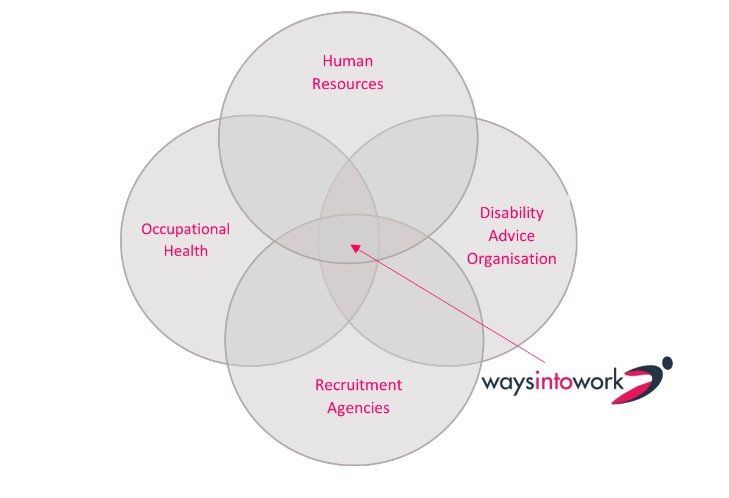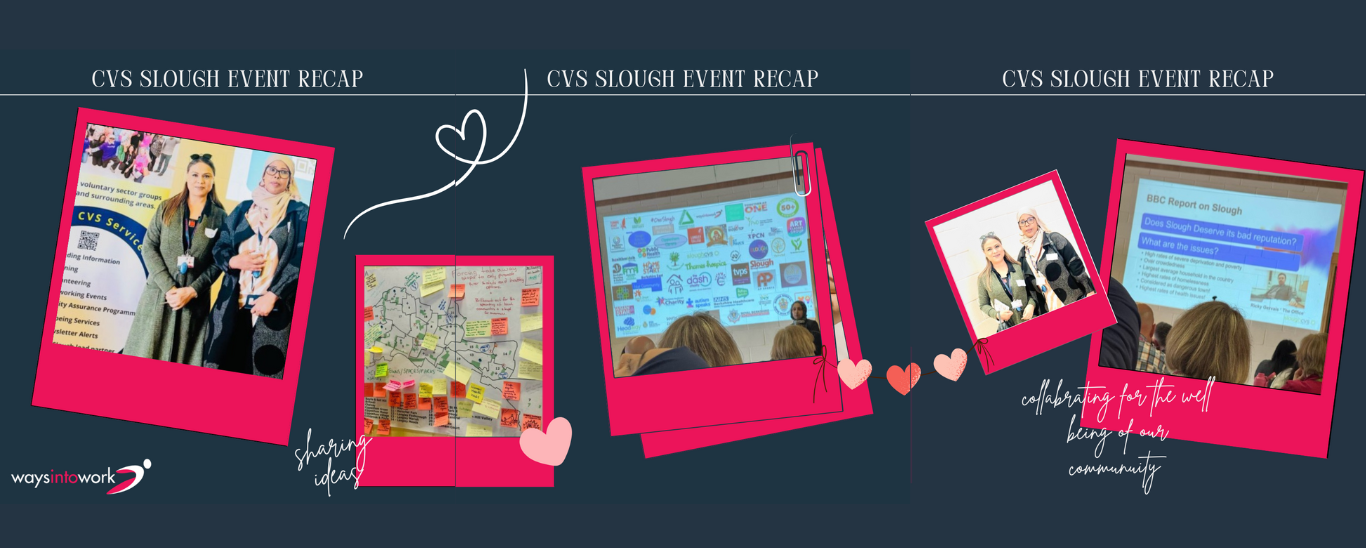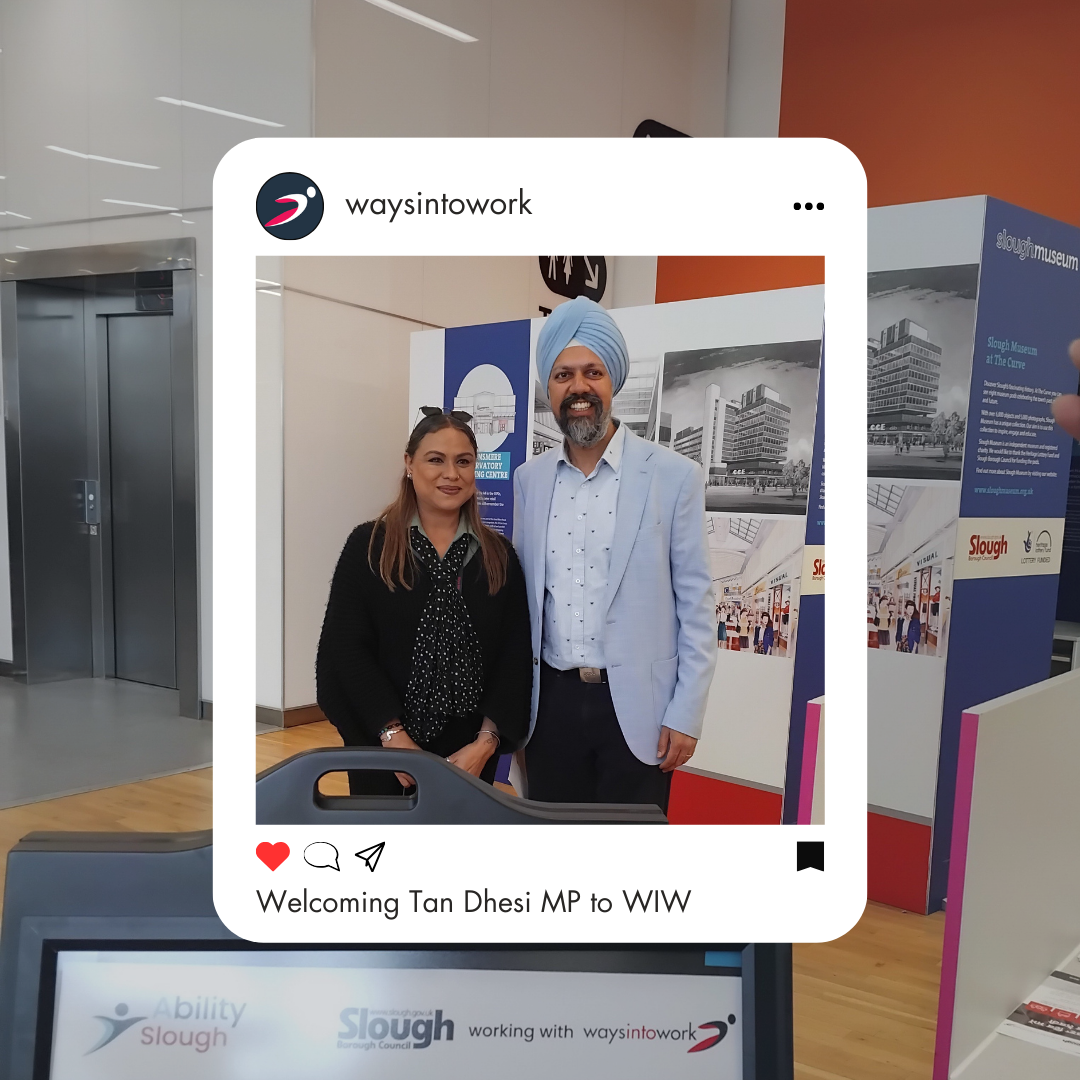WHO explains that mental health conditions are increasing worldwide and in 2017 there had been a 13% rise in the last decade. Despite more people having mental health conditions, and greater awareness it can still be difficult for employers to know how to support their staff’s mental well-being in practice. This week is Mental Health Awareness Week 2022 so we are looking at just that - this blog outlines some of the legal requirements as well as ways employers can create a culture that supports their employee’s mental health.
Are Mental Health Conditions Disabilities?
Mental health can impact all areas of life, including work. Sometimes this can leave people struggling to carry out their normal work and tasks, or in other cases, work can cause them more anxiety than usual. According to the
Mental Health Foundation, a 2013 Global Burden of Disease Study showed that the most predominant mental health problems worldwide include:
- Depression
- Anxiety
- Schizophrenia
- Bipolar disorder
Under the Equality Act 2010, some mental health conditions are classed as being a disability and so must be treated as such by the law. The
Mental Health Foundation state that major depressive disorder is thought to be the second leading cause of disability worldwide and in a recent disease index, mental health conditions were shown to account for 21.2% of years lived with disability worldwide.
For a mental health problem to be considered a disability it must:
- Have more than a small effect on a person’s everyday life
- Make things more difficult for someone
- Has lasted at least 12 months, is likely to last 12 months, or if the mental health problem has improved, it is likely to recur. -
Employer Requirements for Workplace Mental Health
Therefore, employers have various legal requirements regarding the well-being and health of their staff.
ACAS, who provide employment advice, state that employers have a duty of care to their staff so are required to do all they reasonably can to support their employees' health, safety, and wellbeing. This includes:
- Ensuring a safe working environment
- Protecting staff from discrimination
- Conducting risk assessments
- Make reasonable adjustments for staff with a disability
- Have an absence policy that details how staff should report an absence, staff in touch during absence and how much employees will be paid, and for how long
How Can Employers Support Staffs Mental Health?
The
Mental Health Foundation has created a great online resource that outlines various steps that employers can take to ensure they are supporting their staff’s mental health which you can view
here. Some of the key points for employers include:
- Establish a workplace culture that commits to improving staff mental health and values openness and communication.
- Ensure that senior leaders and middle managers understand and are responsible for implementing mental health programmes.
- Continually reviewing the workplace culture and environment to ensure it is as mentally healthy as possible. For example by conducting regular staff surveys that include staff mental health and wellbeing and using these findings to improve policies.
- Make evidence-based mental health promotion tools like mindfulness and exercise available to all staff.
- Encourage staff to report any discrimination or harassment they experience or have seen others experience.
However, one of the main things an employer can do is simply talk to the person themselves. They can give you the best insight into their challenges and support needs. Starting the conversation here is key.
Benefits of Improving Mental Health in the Workplace
Employers are not legally required to provide all the support and systems we mention in this blog, but there are many potential benefits from a company doing so including:
- Increased morale at work- which leads to increased productivity, efficiency, and innovation
- Less time off sick for some employees
- Attracting and keeping quality staff- the effect of poor retention is significant as recent figures suggest the cost of employee turnover to UK business exceeds £4 billion annually
- Providing access to a wider customer group (the purple pound) - if people see themselves represented in your company, they are more likely to buy from you
- Enhancing your company image internally and externally
How We Work With Employers to Support Staff Wellbeing
At Ways into Work, we work with both
Employers and
Job Seekers /
Employees to provide practical support, and reasonable adjustments to ensure that both the employer and their employee’s needs are met. We provide a unique, hands-on service. We don’t just write a report and tell you what to do, we help you translate recommendations into actions. We roll up our sleeves and together we make it happen.
Reasonable Adjustments for Mental Health
Under the 2010 Equality Act employers are legally required to make reasonable adjustments. Reasonable adjustments are defined by
Mind as being:
“changes that organisations and people providing services or public functions have to make for you if your disability puts you at a disadvantage compared with others who are not disabled.”
This can be seen as quite broad and employers we work with are frequently not sure what this really means for them in practice. We also know that when people think of reasonable adjustments they often think of expensive equipment, building work, or employees spending significant time off work. However, adjustments have to be ones that are reasonable for employers to make, and that’s different every time.
At Ways into Work, we work with our clients to find out what support they need and then work with employers to identify how they can make this happen, supporting everyone to make that judgement about what really is reasonable so that our client is able to succeed at work, thereby meeting the business needs of their employer. Although reasonable adjustments will be specific to each person, drawing on our experience we have noted some examples of frequently made reasonable adjustments, they might just help someone who works with you too:
- Flexible working – we’re all getting better at this post-pandemic, but simply giving an employee more or sometimes less time working from home (or in the office) can make all the difference.
- Altering working hours – shifting start or finish times or just making them changeable.
- Temporarily re-allocating tasks that an employee finds stressful and difficult, and working to understand why and what can be changed.
- Making changes to the workplace environment e.g. working in a quieter environment (to aid concentration), or having an allocated work station (as opposed to the uncertainty hot desking which can be worrying for some)
- Have a weekly discussion with their manager so they have protected time to ask questions, be certain about their workload, etc
- Have one member of staff allocated to informing the employee of tasks rather than being overwhelmed with tasks from various managers or staff, and the challenges with prioritisation or stress levels this can bring.
- We often provide long arm support from our employment coaches where we have meetings or informal chats daily, weekly, or when needed to talk through a hard day or things causing anxiety, helping the person think something through or just offload.
Long term Support for Mental Health in the Workplace
At Ways into Work, we support clients with mental health problems to help them through the difficult and often anxiety-provoking, process of getting a job, but importantly we continue to provide time-unlimited support as long as it’s needed. We understand that not only do conditions fluctuate, but the impact of changes in life in general and at work can often require support on an ongoing basis. So often missed, ongoing support is a critical part of supporting mental health at work, benefiting clients and employers alike.
For more information on how we support clients in the workplace, and how we can support you as an
Employer, view our
Supported Employment Page.







